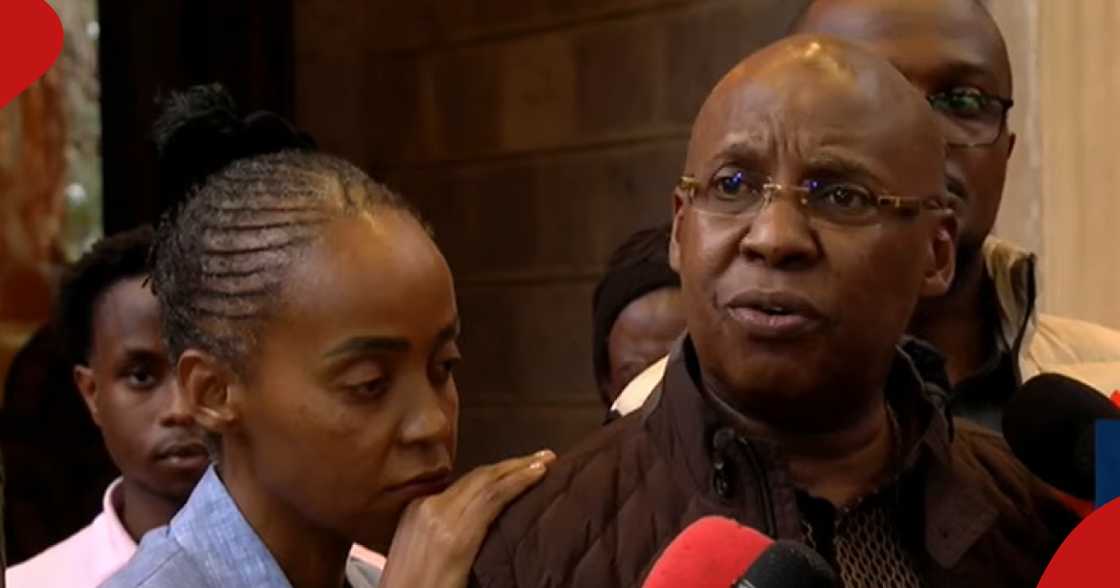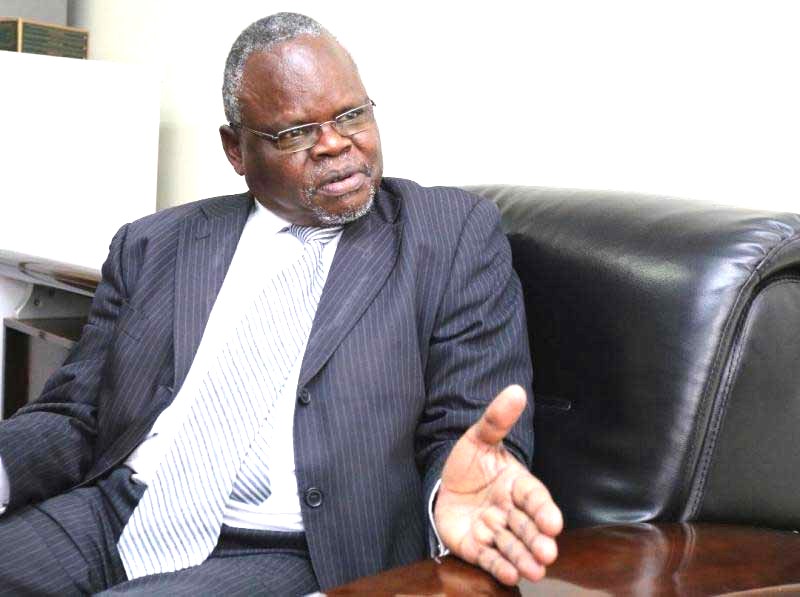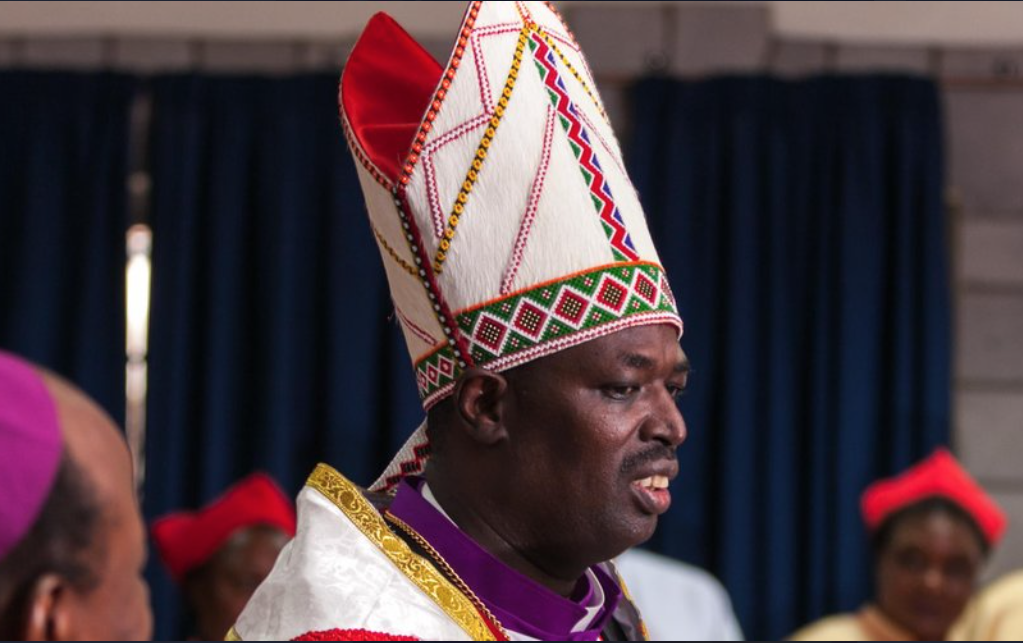By TWV Team
The government has been granted a final opportunity to submit evidence confirming the cancellation of a high-value electricity transmission tender previously awarded to India’s Adani Energy Solutions. The matter came up before High Court Judge Bahati Mwamuye, who noted that the state, through the Office of the Attorney General, had not yet filed the required documentation. The respondents requested additional time to prepare and submit their responses to the ongoing petition filed by the Law Society of Kenya (LSK).
Justice Mwamuye granted the request but issued a stern warning. “The respondents, particularly the first respondent, are granted a final opportunity to file and serve their responses to the application and petition. They must do so by August 1, 2025,” the judge directed. He further cautioned that if the government fails to comply with this deadline, the case will proceed to a full hearing without its input or supporting documents.
The matter will be mentioned again on October 27, 2025, when the court is expected to give directions on the possible inclusion of additional parties in the case. The petition, filed by the Law Society of Kenya, challenges the legality of a Ksh.95.68 billion (USD 736 million) contract signed on October 11, 2024, between the Kenya Electricity Transmission Company (Ketraco) and Adani Energy Solutions, a subsidiary of India’s Adani Group. The deal involved the development, financing, construction, and operation of key transmission lines and substations across the country.
In its application, the LSK termed the contract “a constitutional sham tainted with secrecy” and accused the government of failing to conduct proper due diligence and meaningful public participation while disregarding constitutional principles of transparency, accountability, and fiscal responsibility. The High Court had earlier issued a conservatory order on October 23, 2024, suspending the implementation of the deal pending the outcome of the case.
“Pending the inter partes hearing and determination of the application dated October 23, 2024, a conservatory order is hereby issued suspending the implementation of any project agreement between the listed respondents and Adani Energy Solutions or any of its related companies with regard to transmission lines, substations, or any other electrical infrastructure,” Justice Mwamuye ruled. The LSK was also directed to serve the application, petition, and court orders to all respondents and file an affidavit of service.
In November 2024, President William Ruto ordered the cancellation of the Ketraco-Adani deal, along with another controversial agreement involving the planned takeover of Jomo Kenyatta International Airport (JKIA) by the same Indian conglomerate.
Addressing Parliament in his State of the Nation address, President Ruto cited fresh evidence from local investigative agencies and partner states linking Adani Energy Solutions to corruption. “I have stated in the past and now reiterate today that in the face of the principles enshrined in Article 10 of the Constitution on transparency and accountability, the immediate cancellation of these deals.”
Despite this presidential directive, the court has yet to receive formal documentation confirming the termination of the Ketraco-Adani contract, prompting the current legal proceedings. The court suspended the implementation of the Ksh.95.68 billion energy infrastructure deal between Ketraco and Adani Energy Solutions after the LSK filed a petition challenging the project on constitutional grounds.
The 30-year agreement involved the development of major transmission lines and substations, a vital part of Kenya’s energy infrastructure expansion. However, the LSK claimed the agreement was riddled with secrecy, accusing Ketraco and Adani Energy Solutions of breaching constitutional principles of transparency and public participation.
The petitioner labelled the agreement as a “constitutional sham,” stating it is “tainted with secrecy and lacking the principles of integrity, transparency, openness, and accountability.”
The LSK further argued that the project violated the Public-Private Partnerships Act, citing failure to engage the public meaningfully in the decision-making process. The petition suggests that no proper due diligence was conducted, raising questions about the legitimacy of the deal and its long-term implications for Kenya’s strategic infrastructure.





